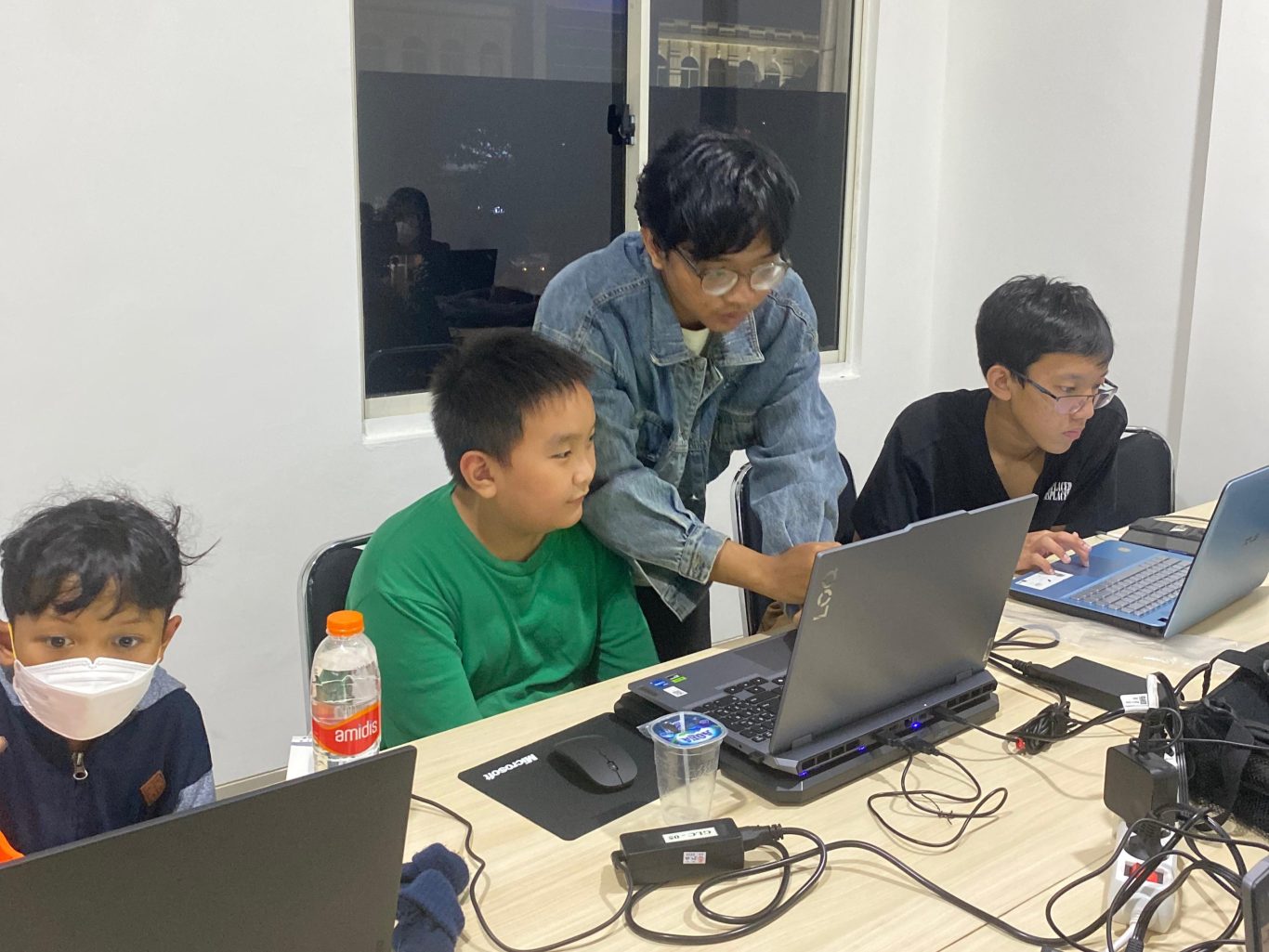When Is Eid al Adha 2025? Check the Official Date and How to Make the Most of the Holiday with Your Kids
As one of the most significant Islamic holidays approaches, many people worldwide ask, when is Eid al Adha 2025? Knowing the exact date is essential for proper planning—from preparing for the religious sacrificial rituals to organizing family gatherings. Beyond religious observance, the holiday provides an excellent opportunity for parents to engage their children in positive and productive activities, such as learning coding, which is becoming an increasingly valuable skill in today’s digital age.
When Is Eid al Adha 2025?
Since Islamic holidays are based on lunar observations, the exact date of Eid al Adha can vary depending on the sighting of the moon and geographical location. However, according to astronomical calculations, Eid al Adha 2025 is expected to fall on Friday, June 6, 2025.
Knowing when Eid al Adha 2025 will occur allows families to prepare their festivities, plan travel, and participate in religious duties with ease. Early knowledge of the date also helps in organizing community events and coordinating time off from work or school.
The Importance of Eid al Adha Holiday and Extended Breaks

In many countries where Eid al Adha is observed, it is recognized as a public holiday. Additionally, the days surrounding the holiday are often designated as extended breaks or long weekends. This gives families a rare chance to enjoy uninterrupted time together, making the holiday an ideal moment for bonding and relaxation.
Understanding when is Eid al Adha 2025 also helps parents plan meaningful activities for their children during the holiday. With several days off, parents can balance religious observance with opportunities for education and personal growth.
Encouraging Positive Activities for Children During Eid al Adha

The holiday season is not only for spiritual reflection and family reunions but can also be a wonderful time to introduce children to new skills and hobbies. One such valuable skill is coding. As digital technology increasingly shapes the future, learning to code can empower children to become creators, not just consumers, of technology.
When parents know when Eid al Adha 2025 falls, they can strategically incorporate coding lessons into holiday plans, ensuring children stay engaged in productive learning while enjoying the festivities.
Why Coding Is a Valuable Skill for Kids

Coding teaches children how to think critically and solve complex problems step by step. It fosters logical reasoning, creativity, and perseverance—skills that are beneficial far beyond computer science.
By learning coding at an early age, kids gain confidence in their ability to tackle challenges and create new solutions. These skills open doors to a variety of future careers in technology, science, and many other fields.
Interactive and Engaging Coding Programs for Kids

Many online platforms offer coding classes designed specifically for children. These classes are structured to be interactive, fun, and suitable for different age groups. They often use project-based learning where kids can build games, animations, or simple apps, making the experience tangible and rewarding.
Parents wondering when is Eid al Adha 2025 can use the holiday to enroll their children in such programs, turning holiday downtime into a chance for valuable skill development.
Tips for Parents to Balance Holiday Fun and Learning

Here are some ways parents can maximize the Eid al Adha holiday by blending tradition with education:
- Schedule light coding sessions that complement holiday activities without overwhelming the child
- Integrate coding projects with cultural and religious themes to make learning more meaningful
- Use the holiday break to explore free trial classes and identify programs that best fit the child’s interests and learning style
Try Before You Commit: Free Trial Coding Classes
To ease the decision-making process, numerous coding education providers offer free trial classes. This allows children and their parents to experience the learning environment, teaching style, and course content firsthand without any initial cost or commitment.
Taking advantage of free trial classes by Timedoor Academy during Eid al Adha holidays can be a smart way to explore coding options while the family enjoys their extended break.
Preparing for Eid al Adha 2025 and Your Child’s Future

Ingin tahu detail program?
Knowing when is Eid al Adha 2025 helps families prepare for a smooth and fulfilling celebration. It also opens the door to integrating modern learning opportunities such as coding into holiday plans.
By encouraging children to learn coding, parents help build a foundation for future success. Coding is not just about programming computers; it teaches essential skills that prepare children to thrive in a digital, technology-driven world.
Don’t miss this chance to provide your children with meaningful and skill-building holiday activities. Discover engaging coding programs online with Timedoor Academy, explore free trials, and get your kids ready for the exciting future ahead.